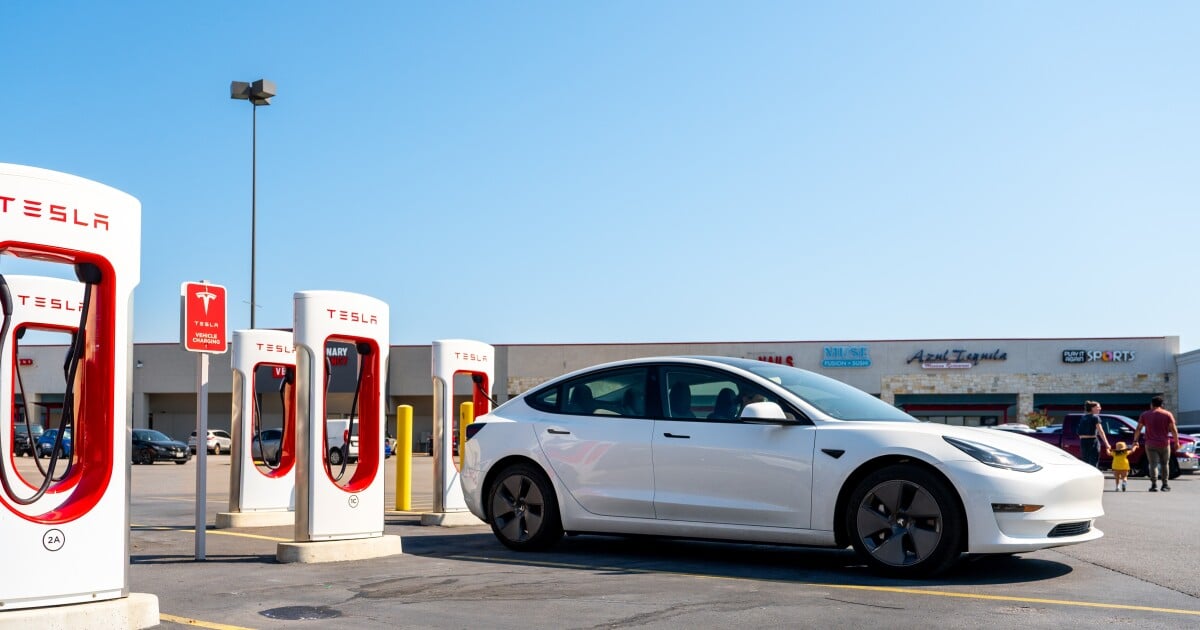Everyone knows that electric vehicles are supposed to be better for the planet than gas cars. That’s the driving reason behind a global effort to transition toward batteries.
But what about the harms caused by mining for battery minerals? And coal-fired power plants for the electricity to charge the cars? And battery waste? Is it really true that EVs are better?
The answer is yes. But Americans are growing less convinced.
The net benefits of EVs have been frequently fact-checked, including by NPR. "No technology is perfect, but the electric vehicles are going to offer a significant benefit as compared to the internal combustion engine vehicles," Jessika Trancik, a professor at the Massachusetts Institute of Technology, told NPR this spring.
It’s important to ask these questions about EVs’ hidden costs, Trancik says. But they have been answered “exhaustively” — her word — and a widerange of organizations have confirmed that EVs still beat gas.



I must admit this is a big-brain move — being for electric cars in order to have more coal-fired plants rather than burning gasoline.
Even a coal burning EV emits less carbon than a gasoline car. The payback threshold may increase uncomfortably though. A while back I read something doing that analysis per US state. I believe the threshold ranges from 2 year in states with cleaner energy, up to 14 in coal burning West Virginia and Wyoming
I just find it funny. It’s perfectly logical for someone who really cares about burning more coal to drive an electric car, but I’ve never seen anyone make that connection before. It’s like… I don’t know. A vegan lobbying against lactase pills?
And 14 years isn’t really feasible given battery decay.
Eh, maybe.
If you want to age something artificially, you run it through cycles of use very quickly. To age a wood joint, you run it through cycles of high heat and humidity and then drop it back down to cold and dry, and do it as fast as you can for weeks or months. Aging a CPU is similar; heat it up and then cool it down. For batteries, you hit them with a lot of charge and discharge cycles.
This artificial process may, if anything, be harsher than any real world use. So there’s reason to think that manufacturer estimates are pessimistic.
This does appear to be the case; modern EVs have been around long enough now that we can get some real world data, and batteries are lasting longer than expected: https://www.pcmag.com/news/how-long-do-ev-batteries-last-study-says-longer-than-you-think
“There are two states that have such shitty electricity production systems that it may take more than the lifetime of an electric car for the carbon emissions to break even. That’s how terrible electric cars are!”
🙄
But the coal is cleaned, so it’s better to burn it for electricity. Duh 🙄